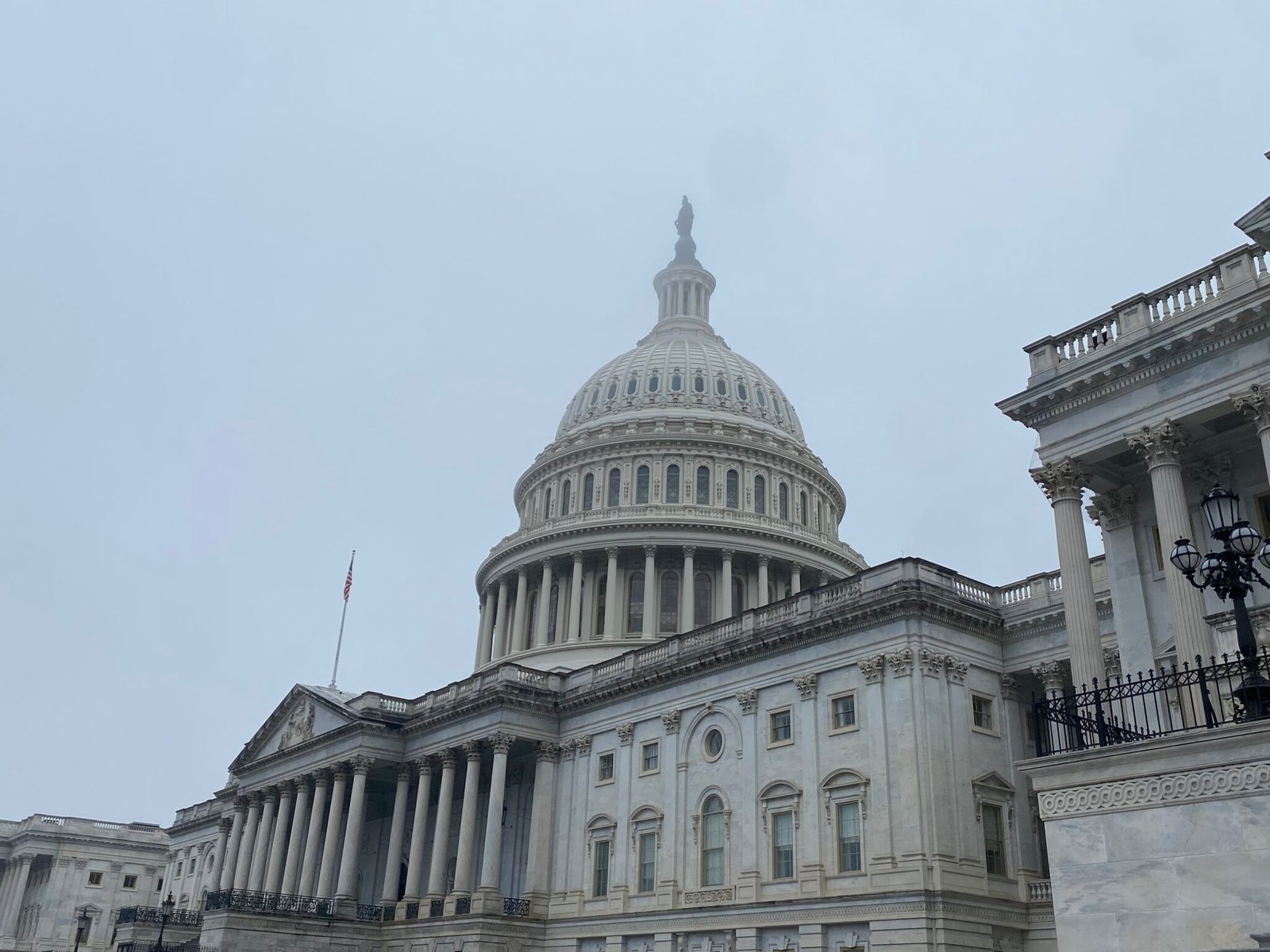Donald Trump
U.S. Issues Compliance Warnings to Arizona and Wisconsin on Federal Election Law

The U.S. Justice Department has sent letters to election officials in Arizona and Wisconsin, warning them about potential violations of the Help America Vote Act (HAVA). The communications come as part of the department’s increased scrutiny of state election practices following a March executive order by President Trump.
In Arizona, officials are allegedly failing to appropriately verify voters’ identities. The Justice Department’s letter, dated May 20, indicated that legal action could follow if compliance is not demonstrated. Wisconsin’s letter, sent on June 4, focused on the state’s Elections Commission, which has not resolved administrative complaints as required by HAVA. The commission faces the threat of losing federal election funds unless it takes corrective measures.
The Justice Department has also filed a lawsuit against North Carolina, emphasizing similar issues with voter verification in that state. Public disclosure of these letters reflects a broader effort to enforce compliance with federal election laws.
Arizona’s Secretary of State, Adrian Fontes, defended the state’s practices in a response to the Justice Department, asserting that Arizona adheres to both state and federal regulations regarding voter registration. He emphasized the thorough residency and citizenship checks conducted during the registration process.
The Wisconsin Elections Commission, on the other hand, has declined to comment immediately on the letters. It has faced scrutiny for dismissing administrative complaints against itself since at least 2022, citing a Wisconsin Supreme Court ruling that deemed such adjudication a conflict of interest.
Legal expert David Becker commented on the Wisconsin situation, suggesting that the commission’s practices could conflict with federal requirements. He noted that while the commission refrains from addressing complaints against itself, other state agencies often investigate their own actions.
Despite the looming implications, Wisconsin currently risks minimal federal funding loss. The U.S. Election Assistance Commission had allocated roughly $272,000 in election security grants for the upcoming fiscal year, which has yet to be disbursed.
Both states are under the microscope for their voter registration processes. The DOJ’s concerns extend to the handling of identification numbers. In its letter to Arizona, the department insisted that applicants’ driver’s license numbers should be obtained if available, arguing that the state improperly allows applicants to register with either a driver’s license or Social Security number.
In response, Fontes explained that Arizona’s voter registration form has been designed to comply with HAVA since 2005, requiring evidence of citizenship. He highlighted that the state conducts thorough background checks using its driver’s license database during registration.
As these issues develop, Wisconsin’s budgetary committees are pausing their planned discussions about the Elections Commission’s funding until the allegations from the DOJ are addressed. This situation underscores the complex legal landscape surrounding election practices and the governance of voting rights in the United States.

















